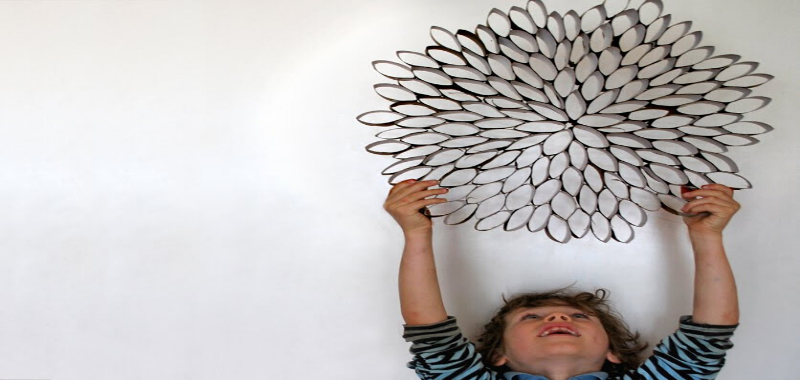


 #holidays #chicago #christmas #Hanukkah #instachicago
#chitown #skyline #chicagoskyline
#holidays #chicago #christmas #Hanukkah #instachicago
#chitown #skyline #chicagoskyline



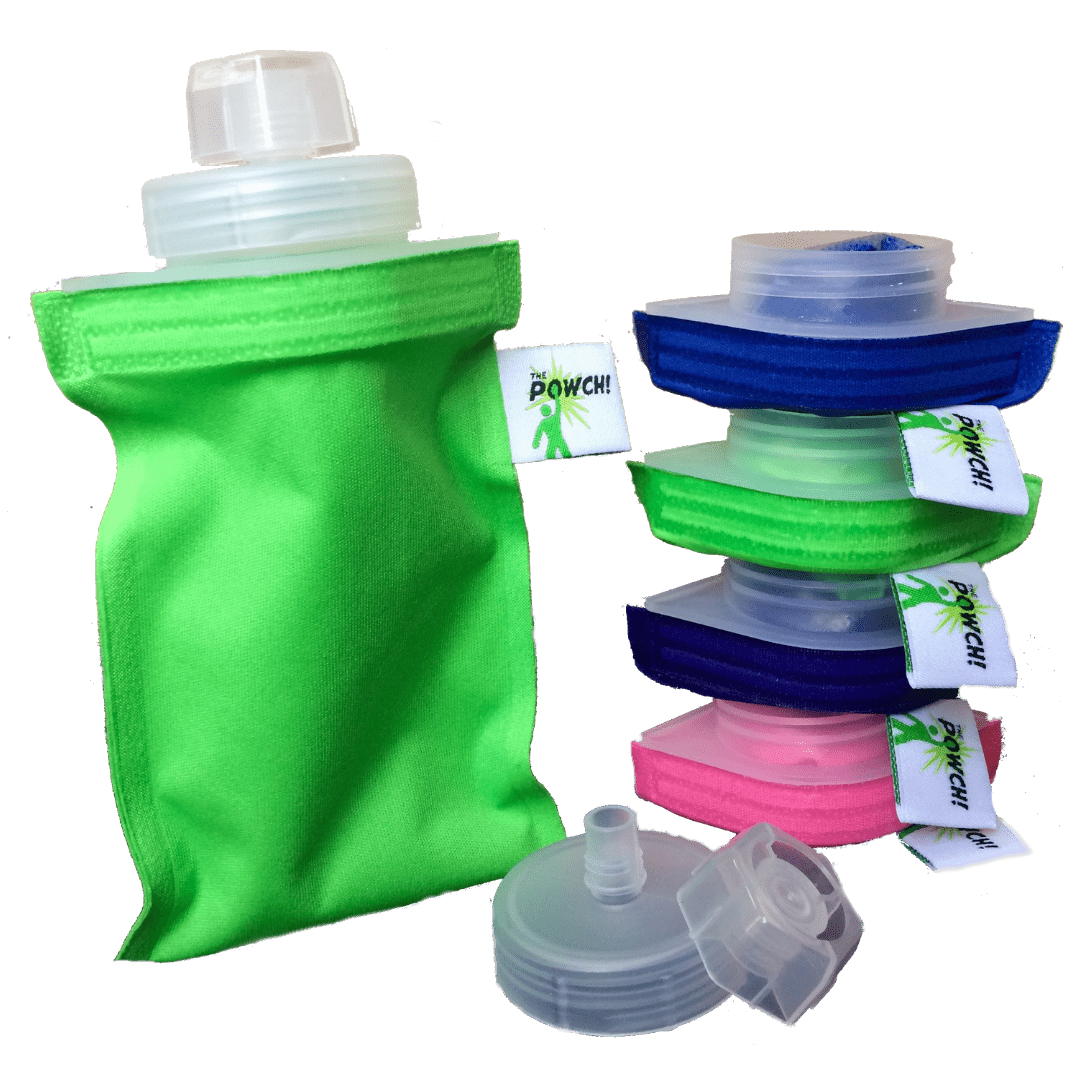

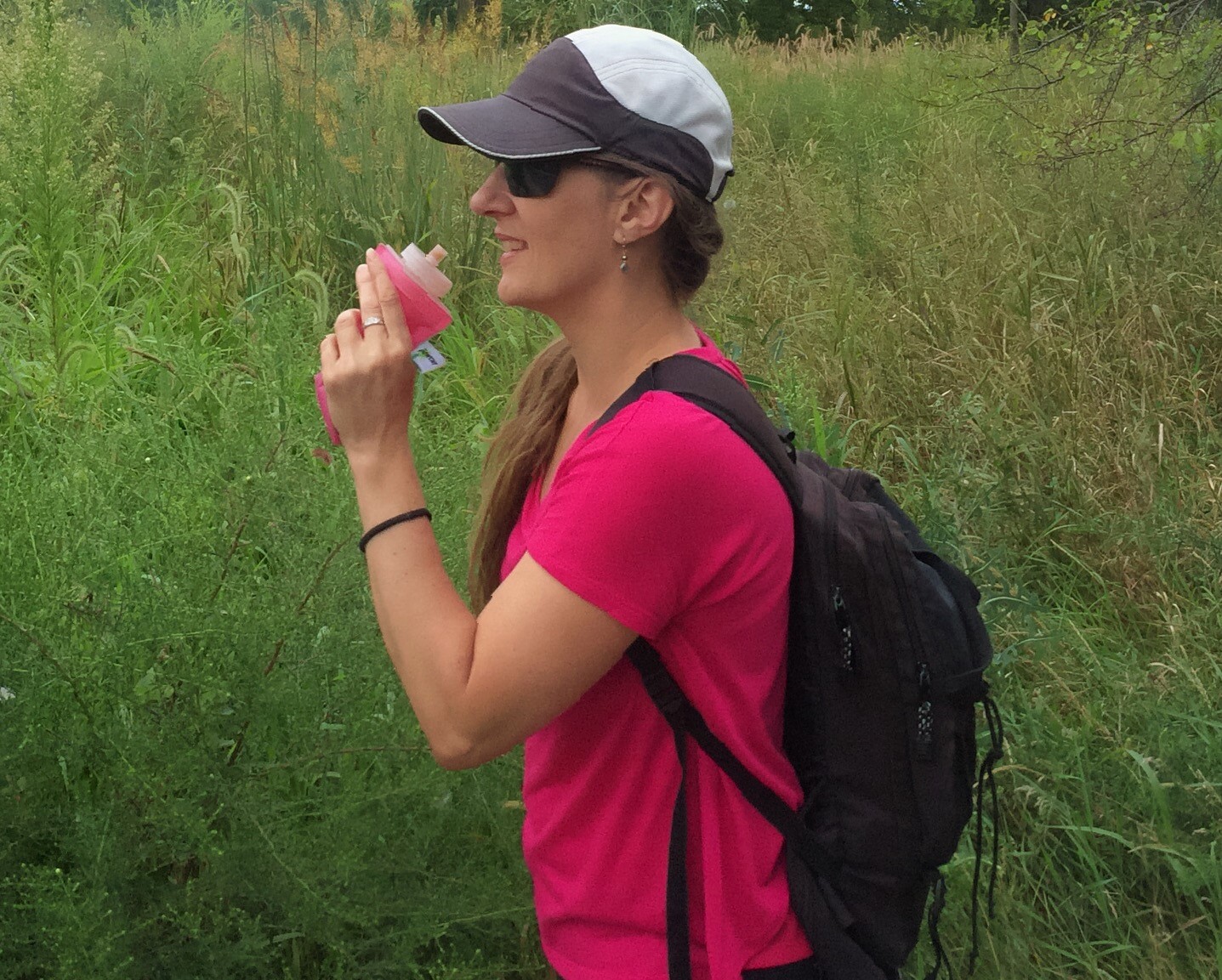
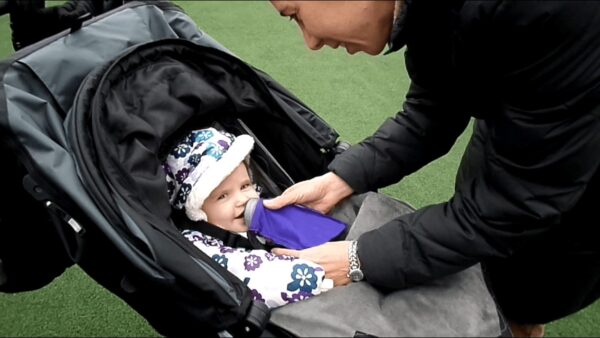
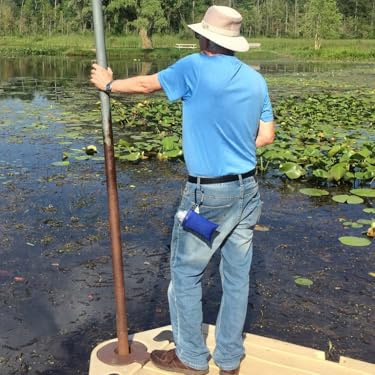
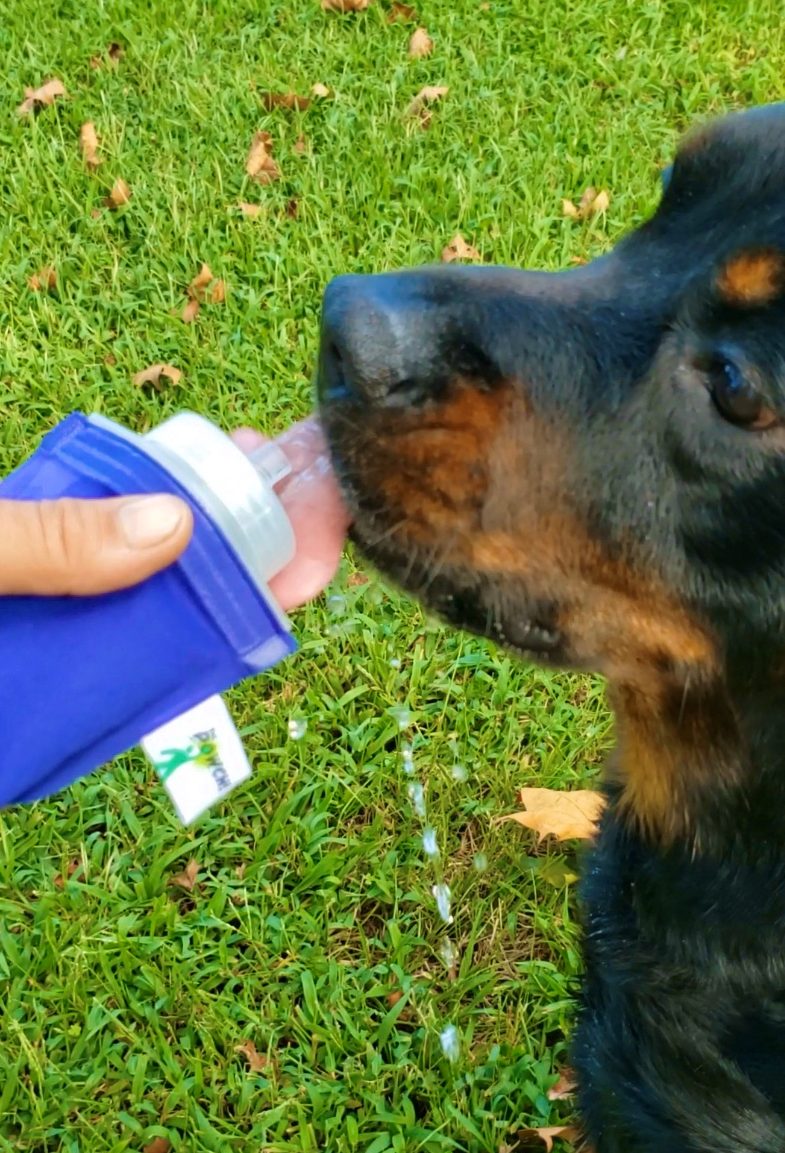
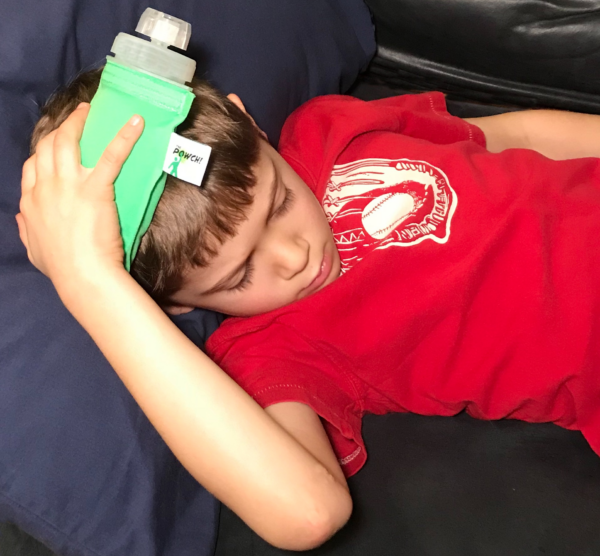




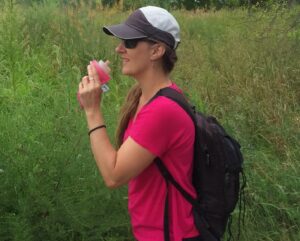





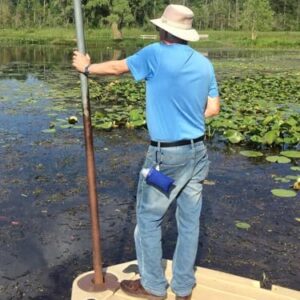



The primary principle of k.o. ecolife is to focus on sustainability with EVERY product, process, and activity.
Read More >
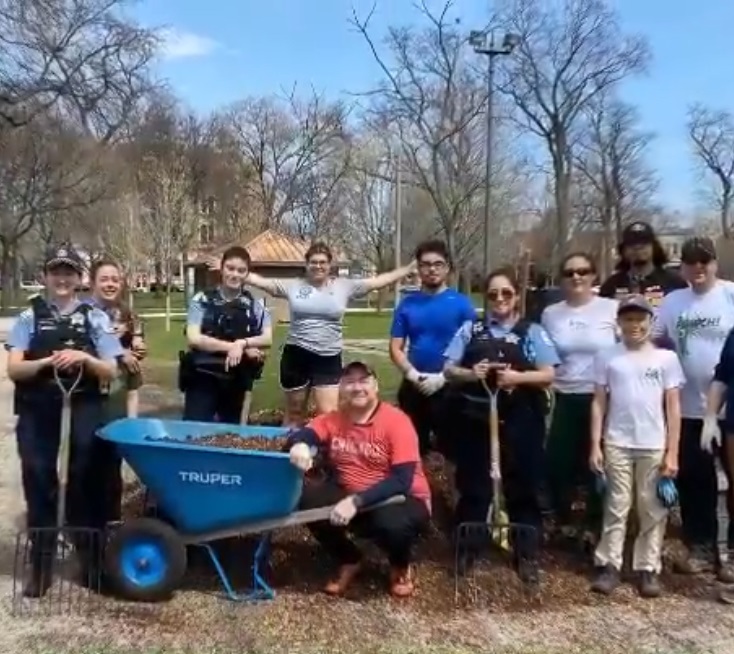
We truly want to MAKE A DIFFERENCE with every product sold. It’s not a sales pitch. It is a primary motivator for our business!
Read More >

Every product is guaranteed BPA, lead, phthalate free and CPSIA (Consumer Product Safety Improvement Act) certified.
Read More >

Trust is the foundation of all our relationships. Without it, we would be unable to perform at a superior level of quality, service, and fun.
Read More >

Protecting the planet is serious business but we believe life is best enjoyed while having FUN! Our products are designed to be fun and functional.
Read More >
Verified The perfect water bottle for walking.m The pouch works better than any other product as a water bottle. It is so light when attached to a belt loop one forgets it is there. Also, l like that it folds up in my hand when empty and can easily be put in a pocket. It has held up well for several years. I bought a new one of a different color once available on Amazon. I highly recommended for walkers. KenVerified Just what my toddler needed No pouches are ever big enough for our 2y daughter. But with how large these are she doesn't need 5 as a snack!Verified Very neat I just love the idea of this. It’s well made and I’m a fan of anything I can re-use to help with unnecessary trash.Verified Lots of positives, one negative I love that this has a wide opening to pour things into it. It's eco-conscious. My son can use the little straw end as well as the disposable pouches, and I can put whatever I want in it. It's a unique material and design. My one negative is that things didn't go well trying to throw it in the dishwasher. The pouch folded over so the bottom half didn't get washed but was filled up with water and leftover yogurt (yuck!).Verified Love the POWCH!!! Love that it is reusable and eco-friendly and has so many uses!!! I especially love to have it on my walks when I need a drink, so much better than having plastic water bottles. I highly recommend the Powch!!Verified Love The Powch!! I absolutely love this product. So versatile can use it for so many different things and so incredibly easy to clean! Feel so great to be using a product like this instead of disposable and helping the Earth at the same time!Verified versatile, durable, made in the USA product! I’ve had my Powch for a while now and it is one of the most versatile things I’ve ever purchased. I put applesauce or yogurt in it for my niece. I put cold water in it and freeze it for an ice pack. I’ve even put hot water in it when I have cramps. I love that it’s reusable, durable, made in the USA, and made by a woman owned company. I highly recommend the Powch. It’s an eco friendly item that is well worth your money.
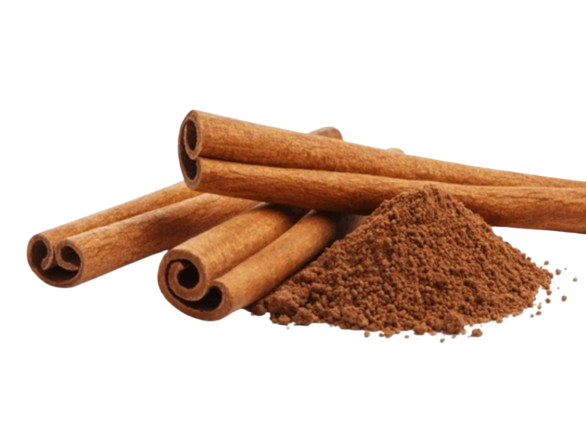
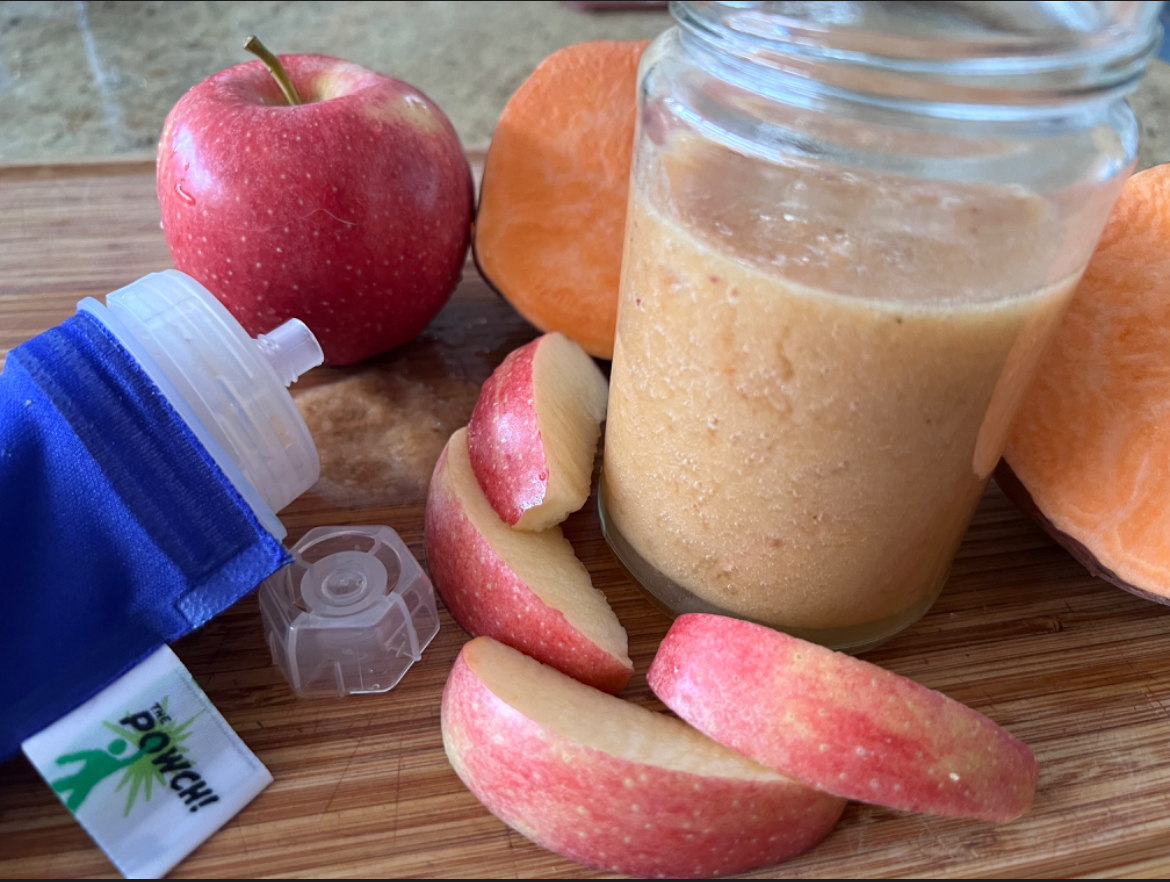





 #holidays #chicago #christmas #Hanukkah #instachicago
#chitown #skyline #chicagoskyline
#holidays #chicago #christmas #Hanukkah #instachicago
#chitown #skyline #chicagoskyline
 Warm weather is holding on for a little longer here in Chicago despite the autumn calendar.
We’ll soon miss these shared outdoor work spaces! However, the fall/winter brings new product launches —introducing THE POCKET! The perfect POWCH! companion, a reusable snack/sandwich/misc bag—your extra carry all ‘pocket’! COMING SOON…
*Product name subject to change. Suggestions welcome.
Warm weather is holding on for a little longer here in Chicago despite the autumn calendar.
We’ll soon miss these shared outdoor work spaces! However, the fall/winter brings new product launches —introducing THE POCKET! The perfect POWCH! companion, a reusable snack/sandwich/misc bag—your extra carry all ‘pocket’! COMING SOON…
*Product name subject to change. Suggestions welcome.


 Hope you were able to see the Harvest moon the last two nights. Hard to capture its beauty and vivid, orange glow in a picture.
Why is it called a ‘harvest’ moon and what makes it orange? Find out in the comments below…
Hope you were able to see the Harvest moon the last two nights. Hard to capture its beauty and vivid, orange glow in a picture.
Why is it called a ‘harvest’ moon and what makes it orange? Find out in the comments below… 


 12 ECO-FRIENDLY TIPS TO STAY COOL THIS SUMMER!
12 ECO-FRIENDLY TIPS TO STAY COOL THIS SUMMER!
 Unplug Electrical Items in House
Unplug Electrical Items in House
 Go Outside With Wet Hair & Shirt
Go Outside With Wet Hair & Shirt
 Hydrate or Dydrate
Hydrate or Dydrate
 Eat Cool & Light Foods
Eat Cool & Light Foods
 Fan Trick (to cool car)
See link in comments for details on these tips and more! K.O. Ecolife @todayshow
Fan Trick (to cool car)
See link in comments for details on these tips and more! K.O. Ecolife @todayshow

 "Be who you are and say what you feel because those who mind, don't matter...
and those who matter, don't mind." -@drseuss
"Be who you are and say what you feel because those who mind, don't matter...
and those who matter, don't mind." -@drseuss

 Studies by the @ijcr.central and @brtechusm confirm that extracts from sweet orange and lime are effective repellents against mosquitoes and other insects, including cockroaches and houseflies!
This is due to high #limonene content in the peels, which is a natural #insecticide.
Studies by the @ijcr.central and @brtechusm confirm that extracts from sweet orange and lime are effective repellents against mosquitoes and other insects, including cockroaches and houseflies!
This is due to high #limonene content in the peels, which is a natural #insecticide.
 You can also rub orange peels on your skin to repel mosquitoes because they interfere with their ability to detect the lactic acids that attract them to human skin.
You can also rub orange peels on your skin to repel mosquitoes because they interfere with their ability to detect the lactic acids that attract them to human skin.
 Repurpose old spice & herb bottles to keep orange and lime peels clean and use as an air freshener.
Share this #naturalalternative and follow us @koecolife for more #ecoliving options.
Repurpose old spice & herb bottles to keep orange and lime peels clean and use as an air freshener.
Share this #naturalalternative and follow us @koecolife for more #ecoliving options.


 with our #healthy, citrus #smoothie, packed with ingredients that will help keep your immune system in top shape for fighting cold and flu!
with our #healthy, citrus #smoothie, packed with ingredients that will help keep your immune system in top shape for fighting cold and flu! INGREDIENTS: (serves one)
2 medium navel oranges, peeled
INGREDIENTS: (serves one)
2 medium navel oranges, peeled 2 small frozen bananas
2 small frozen bananas 1 cup frozen mango chunks
1 cup frozen mango chunks 1 cup unsweetened refrigerated almond or coconut milk
1 cup plain Greek yogurt
1-2 teaspoons ground ginger (optional)
DIRECTIONS
Mix all ingredients in blender until smooth. Enjoy!
1 cup unsweetened refrigerated almond or coconut milk
1 cup plain Greek yogurt
1-2 teaspoons ground ginger (optional)
DIRECTIONS
Mix all ingredients in blender until smooth. Enjoy! Take #onthego in #THEPOWCH!
Link to order in bio!!
Take #onthego in #THEPOWCH!
Link to order in bio!! 

